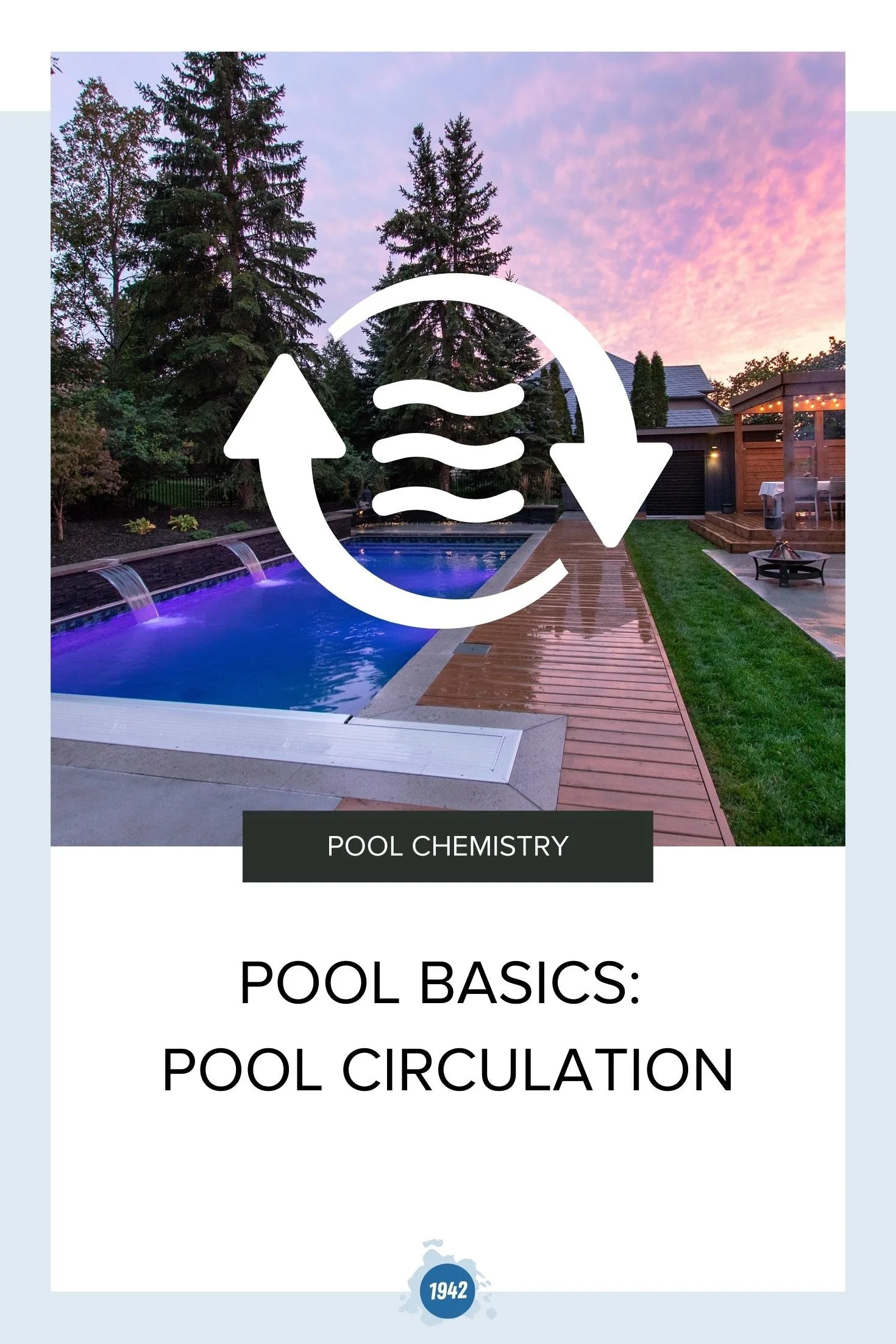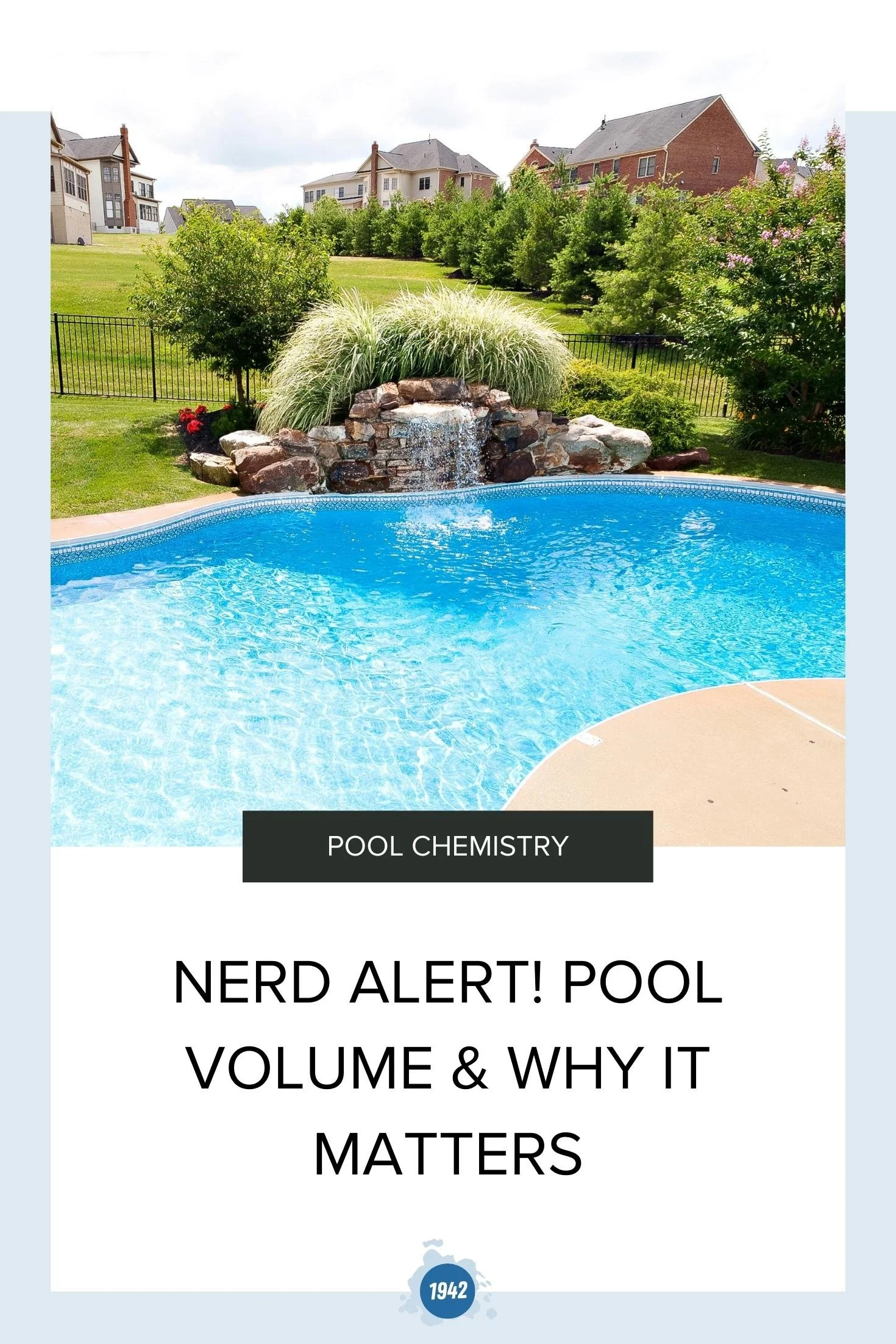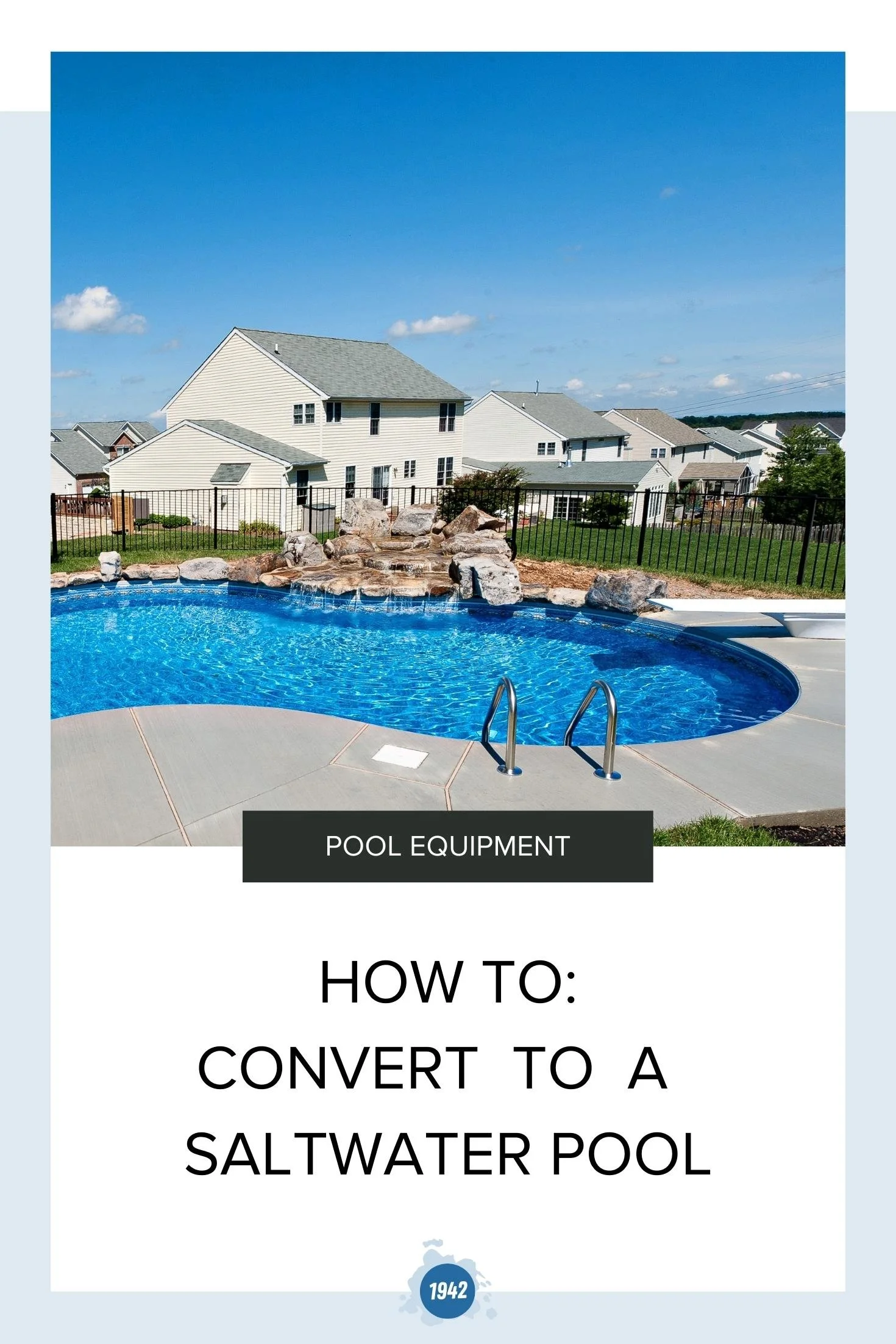There are three types of pool filters: cartridge, sand, and DE (diatomaceous earth). Sand and DE filters use a multiport valve to help clean or backwash the filter media. Multiport valves are called multiport valves because they have multiple ports inside the valve that allows the water to move in multiple directions.
Read MoreIf you have a scheduled pool closing with us, thank you for choosing Browning Pools & Spas! We want you to understand what to expect and how to best prepare for your pool closing. If you have any questions or concerns regarding your appointment, please don’t hesitate to give us a call. 301-972-3800.
Read MoreYour pool needs good circulation to keep the water clean. Good water circulation helps your pool's sanitation system, your filter, and your added chemicals do their job.
Read MoreThe pump basket is located in the pump housing assembly, and its purpose is to collect large debris that the skimmer missed or debris that was sucked through the main drain. This humble basket prevents debris from entering the pump assembly and clogging the impeller.
Read MoreThe pump is virtually the heart of your swimming pool's circulation system. Its sole purpose is to pull water from the pool through the skimmer and main drain. The water is then pushed through the filter and returned to the pool through the main returns. Just like the equipment for your home needs attention, the equipment for your swimming pool also requires routine maintenance. Let's take a look at some easy steps that will help keep your pool's pump in prime condition.
Read MoreWith fall approaching, this is the time to plan on upgrading your pool cover. It's common for pool owners to put off investing in a good quality cover. After all the pools being closed for the winter, what real difference does it make?
Read MoreWe've talked before about the top 2 best ways to extend your pool season with a gas heater or a heat pump. But if your not ready to shell out that kind of cash there are other ways that you can extend your pool season. The best part is you don't have to break the bank.
Read MoreLiving in the DC metropolitan area, there is no question that our swim season seems to always be cut way too short. Here we have the top 2 best ways to extend your pool season. We're talking extending your swim season by months! Who doesn't want that?
Read MoreWhen it comes to water chemistry, the volume of your pool is an important number that you need to know. Knowing the volume - the number of gallons in your pool - is essential. The amount of pool chemicals needed to achieve and maintain water balance is dependent on the volume of water in your pool. Underdosing means more work for you, and overdosing means more money, both of which are a nuisance. The nice thing is that you only need to figure this number out once and you're good to go.
Read MoreIt's perfectly normal for your pool to lose water every day to evaporation, but if you notice an excessive loss of water, chances are you have a leak. A leak needs attention right away because the water level needs to be maintained in the middle of the skimmer. When your pool water level is too low, the skimmer takes in too much air, and this will cause problems with your pool system and will eventually cause the motor of your pump to burn out.
Read MoreIf the interior finish of your pool is plaster, quartz, or an aggregate finish like Wet Edge, knowing why, when, and how to brush your pool is essential. A thorough brushing prevents algae and extends the life of your pool surface, and believe it or not, there is a right way to brush your pool.
Read MoreBelieve it or not, there is a right and a wrong way to collect your water sample. A water sample is supposed to be a reflection of the water chemistry of your entire pool and staying on top of your readings is the foundation of your swimming pool season success. If a sample is contaminated or otherwise amiss, you can create big headaches and spend a bunch of money needlessly. Nobody wants that. Let's make sure you're collecting your water sample correctly for either your home test or for bringing a sample into our stores for analysis.
Read MoreBeing in the swimming pool business for as long as we have, we have seen a thing or two, or three, or four….especially when it comes to the panic-stricken pool owner preparing for a party and the pool is not party ready. One thing is for sure, there are few things worse than a pool party with green water or everyone walking around with bloodshot eyes and itchy skin. So when it comes to planning a pool party, the number one most important thing you can do is make sure your pool is clean, clear, and chemically balanced.
Read MoreWe recently covered SALTWATER BASICS. If you’re educating yourself about saltwater pools, check it out here. The biggest takeaway was dispelling the myth that saltwater pools are not chlorine pools. With a saltwater pool, you are still using chlorine to sanitize your pool; you are just manufacturing your own. The chlorine that is produced by a saltwater pool is higher quality chlorine that does not have the adverse effects of traditional chlorine like, red eyes, itchy skin, and the strong smell of chloramines.
Read MoreWhen you hear saltwater, most people think of the ocean, not swimming pool water. But now millions of pools worldwide are saltwater pools, so let’s take a look at what having a saltwater pool means. But before we get to that, I mentioned ocean water, and if you have ever gotten a mouthful of ocean water, then you know how salty the water tastes. A saltwater pool is not the same; in fact, just a drop of water from a saltwater chlorinated pool contains less salt than a human tear.
Read More"Filtration, filtration, filtration!" Another critical piece of equipment for maintaining clean, safe pool water is your filter. The filter helps keep the pool clean by removing undissolved debris and dirt particles from your pool water.
There are three types of filters available: sand filters, cartridge filters, and D.E. filters. Each one has its pros and cons, but when used properly, any of the three will do its job of keeping your pool clean and clear.
Read MoreThe pool pump is the heart of your swimming pool's circulation system. It creates the flow of water that allows chemicals to circulate evenly throughout your pool and is instrumental in effectively sanitizing your water, and it moves debris through the circulation system and out of your pool.
Read MoreHave you ever wondered how rain affects your swimming pool water or if there is anything specific that you should do after it rains? As a pool owner, it’s a question worth asking because, after it rains, particularly heavy rain, the water of your pool changes both on a chemical and physical level. The amount of rain is important to consider. Light rainfall and showers will not impact your pool nearly as much as a rainstorm with heavy wind.
Read MoreThe number one reason to use borates in your swimming pool water is for easy maintenance. Check out the six key advantages of using borates:
Read MoreWhen it comes to maintaining your swimming pool and keeping your water balanced no chemical is more important than chlorine. Chlorine is the chemical compound that works to kill contaminants in your pool water like bacteria, sweat, urine, skin oils, and other microorganisms that could otherwise cause harm.
Read More




















